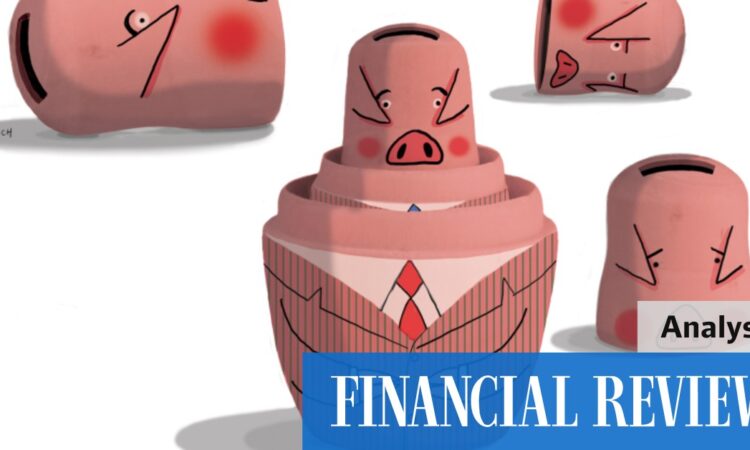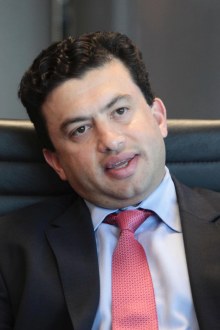UBS stands out in Australian equities research, but changes to MiFID could enable more European banks to compete

Now the United Kingdom and the EU want to roll back some legislation around MiFID. Bundling research with the rest of a bank’s offering could heighten competition for equities research, but convincing fund managers to change their ways is challenging given they now can put a price on research since it was severed from investment banks’ broader offering.
“There was this need to separate payment for research versus payments for other services. It changed how investment banks set up their equities and research teams,” says Vic Jokovic, a board member and former chief executive at Cboe, and former co-head of global markets at Deutsche Bank.
Indeed, research providers from banks to asset managers globally spent more than $US2 billion ($3 billion) adjusting or dismantling their research operations, data from IHS Markit found.
The price of research
Jokovic, who left Deutsche Bank in 2017, says investment banks offered broad, all-in services to clients from advisory to foreign exchange, rather than just research to fund managers. Research, in particular, was often priced in on top of products like derivatives, and this meant clients “never really knew what they were paying for”.
Gerard Satur, a former macro strategist head at UBS who is now chief executive of MST Financial, says he never expected MiFID to hit Australian shores, but what it had done was put a price on how much fund managers are willing to pay for research as a stand-alone service. “MiFID got people thinking around the world about what they are actually paying for. Paying for research separate to paying for trading services became real,” Satur said.

Gerard Satur, chief executive at MST Financial, said MiFID got investors thinking about how they valued equities research. Sasha Woolley
As fund managers became more discerning of their own research budgets, investment banks reduced headcount in research teams and many senior analysts left European banks’ Australian outposts in droves after fresh MiFID II laws came into place in 2018. Satur’s firm picked up some analysts after MiFID came into place, and he says value still existed in research. He agrees, however, that it was difficult to determine that value for investment banks once it was unbundled from other services.
While most bankers and research analysts agreed that more competition would benefit the quality of research, some believe fund managers won’t automatically dole out more capital for research just because it could once again be bundled with other services.
Despite the UK and EU’s attempts to wind back some legislation, Hasan Tevfik, a senior analyst at MST Marquee, says any attempts to change MiFID “won’t be successful in reversing some of the effects of MiFID”.
“Institutional funds have become better at working out what they pay for. This is good management and will remain even if MiFID does not,” he says.





